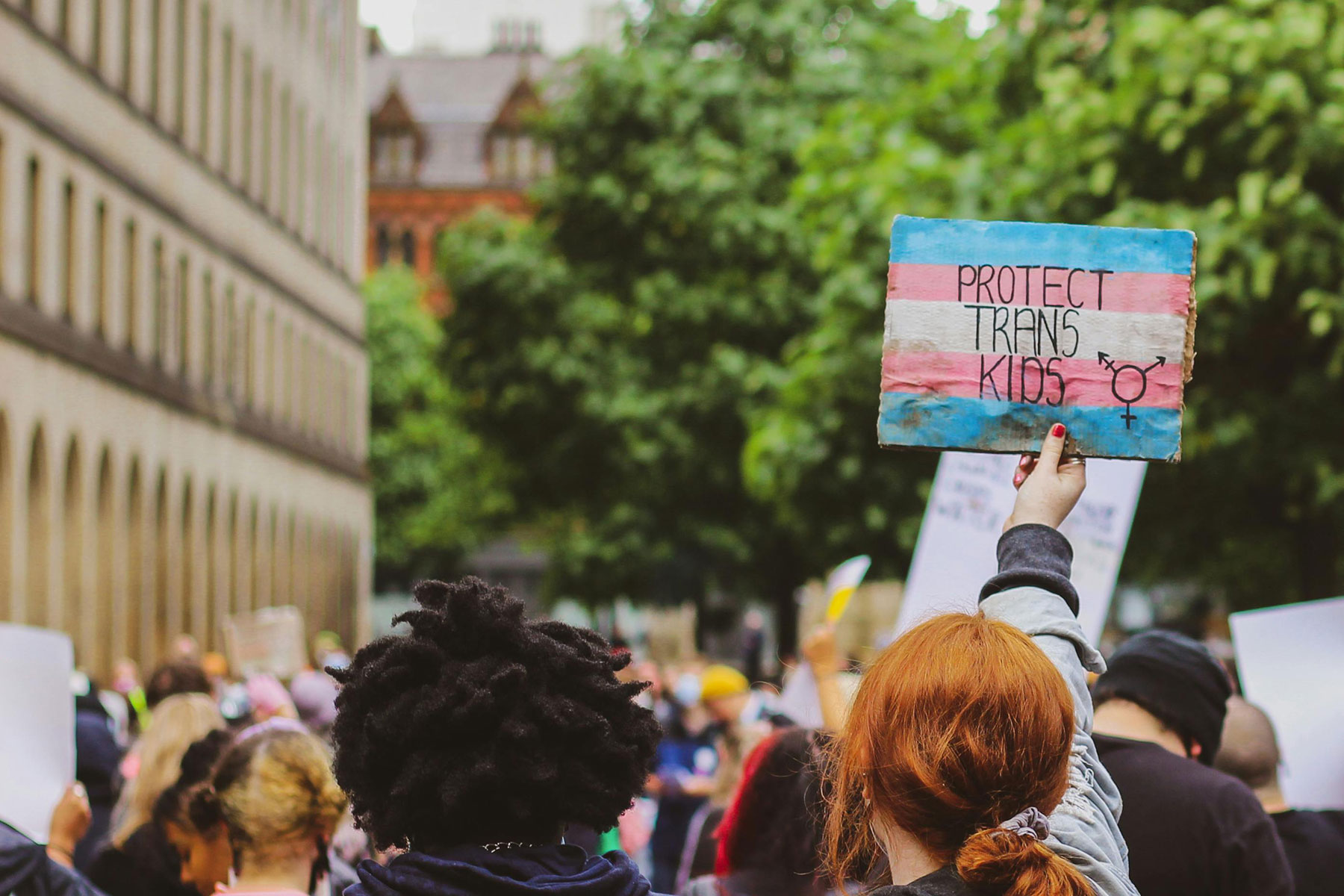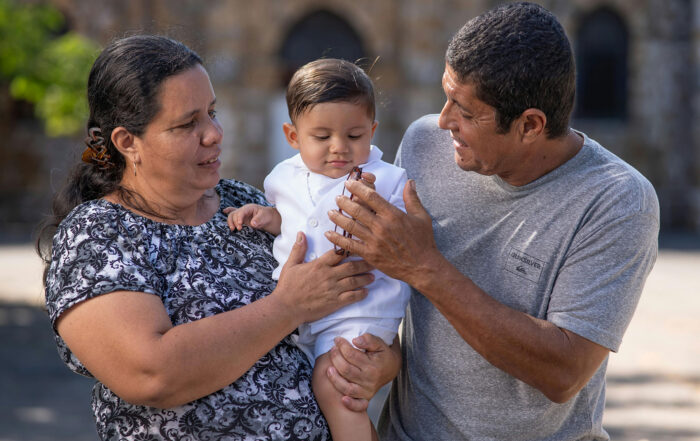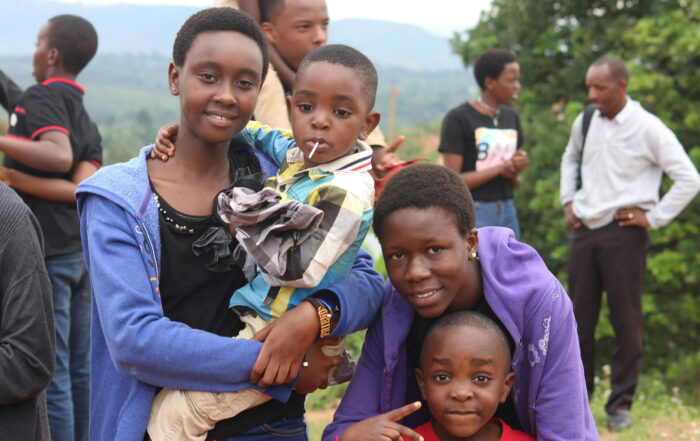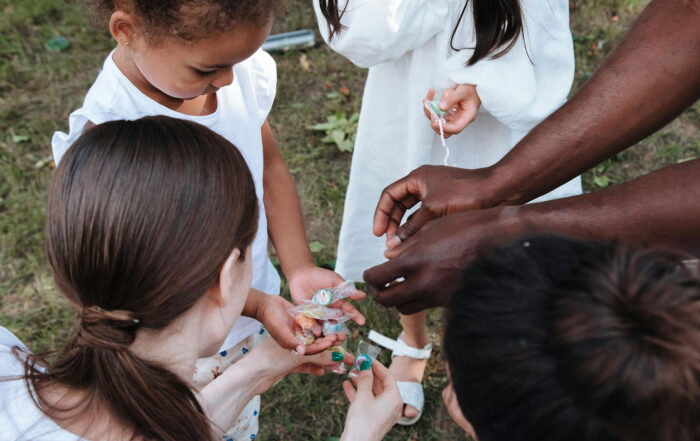
WHY ASK ABOUT SEXUAL ORIENTATION AND GENDER IDENTITY?
There is a growing body of evidence showing that Lesbian, Gay, Bisexual, Transgender, and Queer/Questioning (LGBTQ+) youth suffer from potentially traumatic events (PTEs) at significantly higher rates than their straight and cisgender peers. Among the most prevalent PTEs affecting LGBTQ+ youth are parental rejection, bullying, physical and sexual harassment, and hate crimes. Consequently, LGBTQ+ youth experience a wide array of health disparities, such as increased rates of anxiety, depression, suicidal ideation and attempts, drug and alcohol misuse, sexually transmitted diseases/infections, homelessness, and Post Traumatic Stress Disorder (PTSD). The alarming rate at which LGBTQ+ youth are victimized in the United States urges us to identify LGBTQ+ youth in order to assess for safety and risk of self-harm or suicidality, prevent exposure to trauma via psychoeducation, and refer to evidence-based trauma-focused treatment when they have been exposed to trauma. Nevertheless, discussing and acknowledging sexual orientation and gender identity—with or without the aforementioned PTEs—has not been common practice in child-serving systems and organizations.
Often LGBTQ+ youth’s increased risk for trauma is partly due to societal stigma and prejudice. As a trauma treatment provider, you have an obligation to provide safe and affirming spaces for LGBTQ+ youth to express themselves honestly—without fear of judgment, ridicule, or having their identities outed. Additionally, you must ask about essential and basic information such as gender identity, sexual orientation, and PTEs. Without asking these important questions, you cannot provide trauma-informed services that truly meet the unique needs of LGBTQ+ youth and their families. It is essential that as a provider, you actively acknowledge and validate youth who hold marginalized identities and seek to understand the ways in which these identities and PTEs may intersect.
Share This Post!
Healing from Childhood Trauma
By: E.B. Johnson When you experience childhood trauma, your life and your soul are altered forever. Those who suffer loss, abuse or neglect early-on in life can often suffer from serious psychological and [...]
The Effects of Childhood Trauma
By Amy Morin, LCSW Although adults often say things like, “He was so young when that happened. He won’t even remember it as an adult,” childhood trauma can have a lifelong [...]
Oprah Reports on Childhood Trauma with Dr. Bruce Perry
By Amanda Merck Oprah Winfrey is raising awareness about childhood trauma and the need for trauma-informed care. Childhood trauma—like abuse, neglect, and poverty—changes a child’s brain, body and behavior. Behavior is often [...]
Healing Invisible Wounds: Art Therapy and PTSD
By Renée Fabian When I color during therapy, it creates a safe space for me to express painful feelings from my past. Coloring engages a different part of my brain that allows [...]
Integrating Mindfulness in Your Classroom Curriculum
By Giselle Shardlow Now more than ever, teaching mindfulness in the classroom is a necessity. Our children are stressed and anxious. Teachers and parents are stressed and anxious, too. Our lives are busy, [...]
The Long Shadow: Bruce Perry on the Lingering Effects of Childhood Trauma
By Jeanne Supin The “fight or flight” instinct has served the human species well, helping us respond quickly to threats, but according to child and adolescent psychiatrist and neuroscientist Bruce Perry it can [...]







